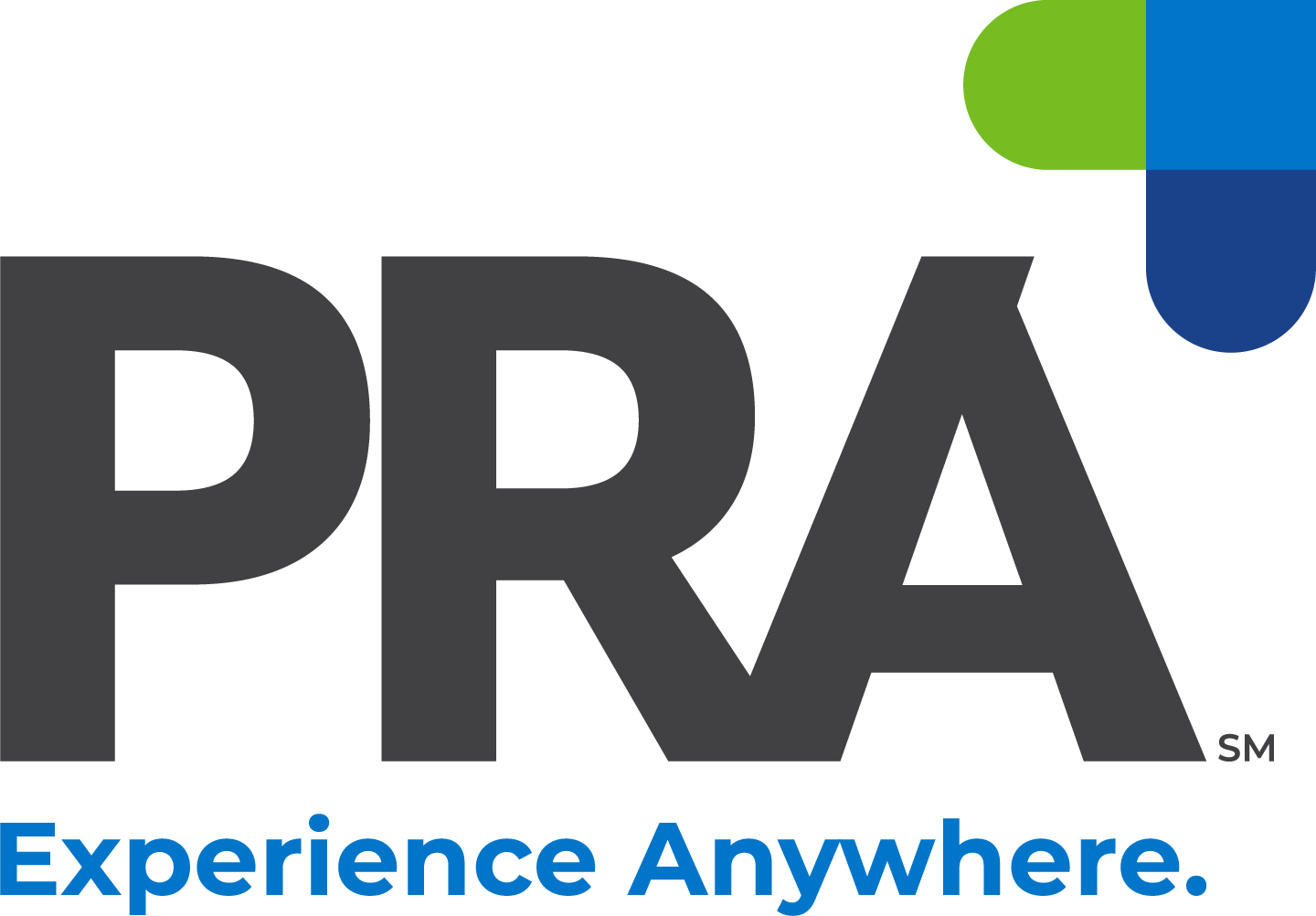
One of the casualties of an overworked business environment is intellectual curiosity. With tighter budgets, shorter timelines, and fewer staff many of us are just trying to stay on top of our responsibilities so innovation and discovery seem like luxuries we can’t afford. Let the next team reinvent the annual meeting, it’s just too much work and I don’t have time to spare. But this is a dangerously short-sighted approach, because curiosity is one of the most valuable life skills we can develop. The minute we think we know it all is the minute we begin to become irrelevant. Technology futurist Alvin Toffler warned “the illiterate of the 21st century will not be those who cannot read and write, but those who cannot learn, unlearn, and relearn.”
Why We Need Curiosity
Leadership expert Michael Hyatt made an interesting observation: “As I began my career, it seemed like the ones who advanced in their careers the quickest were those with the most answers. But as I began to ascend the corporate ladder, I discovered that the key to success had begun to shift. It became less and less about having the right answers and more and more about having the right questions.” Curiosity helps us build connection and deepen our understanding. When we ask genuine questions to understand someone’s background and motivations, we break down walls and find commonalities. It helps us understand others’ motives and increase empathy.
The speed of change requires us to continually reinvent, and as a result, learning and discovery are business differentiators. Take it from the godfather of innovation, Walt Disney: “Around here, however, we don’t look backwards for very long. We keep moving forward, opening up new doors and doing new things, because we’re curious…and curiosity keeps leading us down new paths.”
Curiosity helps us test our assumptions, no matter how successful a past solution has been, and by asking more questions we often find better solutions. Asking better, more strategic questions to understand what drives the business and stakeholders gives insight into so we can map the work we do to what matters most for the company. Learning what drives an audience will help us create more meaningful meetings and conferences.
Professionally, staying intellectually curious can open us up to additional and unique career options. In his groundbreaking book A Whole New Mind, Daniel Pink quotes that Federal Reserve Bank employment statistics have shown the largest job growth over the past decade has been in positions that require imagination and creativity.
What’s Getting in the Way?
Curiosity and reinvention can be scary. For those of us that find comfort in routine and mastering the known, the unknown is threatening. Sometimes we don’t to ask questions for fear that we should already know the answer. Frankly sometimes we don’t ask enough questions. We focus on our own needs and wants. In business, we may not ask enough questions because we lack time and resources. When facing deadlines or too much work with too few resources, we don’t feel we can be truly innovative. We struggle to get out of reactionary mode and being more strategic. In his book Getting Ready for Anything Peter McLaughlin discusses how stress shrinks blood vessels and as a result inhibits our ability to think creatively.
How to Develop Curiosity
We need to find ways to foster our curiosity amidst these conditions. In his recent book Beautiful Constraint: How to Transform Your Limitations Into Advantages And Why It’s Everyone’s Business, Mark Barden discusses how to take the kinds of issues that all of us face today—lack of time, money, resources, attention, know-how—and see in them the opportunity for transformation of oneself and business. It describes opportunities for every day, practical inventiveness, designed for the constrained times in which we live. One of the author’s tricks is to address challenges with a “can-if” mentality versus saying no. For example, instead of thinking that the exhibitors would never agree to a redesign of the exhibit floor, reframe to “I can change the exhibit floor layout, if I get a few key exhibitors to buy in.”
Simple Ways to Become More Curious
- Use open-ended questions, ask how and why instead of what, or start with “help me understand.”
- When your company publishes your annual report, have everyone on your team ask one question about the results and what that information may mean for your department.
- Ask questions in company meetings or have informational chats with people in other departments, asking about their priorities and how your work may apply to what they do.
- Ask for advice, have a personal board of directors you can run ideas by.
- Reward your team for innovation and new ideas, even if they fail. Foster a culture of discovery.
- Instead of major risks, make small changes to create momentum. While reinventing the annual meeting might be daunting, asking what small ways we can improve the participant experience might uncover easy ways to get started.
- Read A Whole New Mind to learn practical ways to help your brain become more curious like attending symphonies, driving different routes to work, and having work meetings in children’s museums.
In the end, intellectual curiosity comes down to “first understand, then be understood”. When we become lifelong learners, we discover the beauty lies in the discovery along the journey and not just the goal.
This is an excerpt, adapted for our blog, from Annette Gregg’s e-book. This e-book can be viewed here.




Leave A Comment